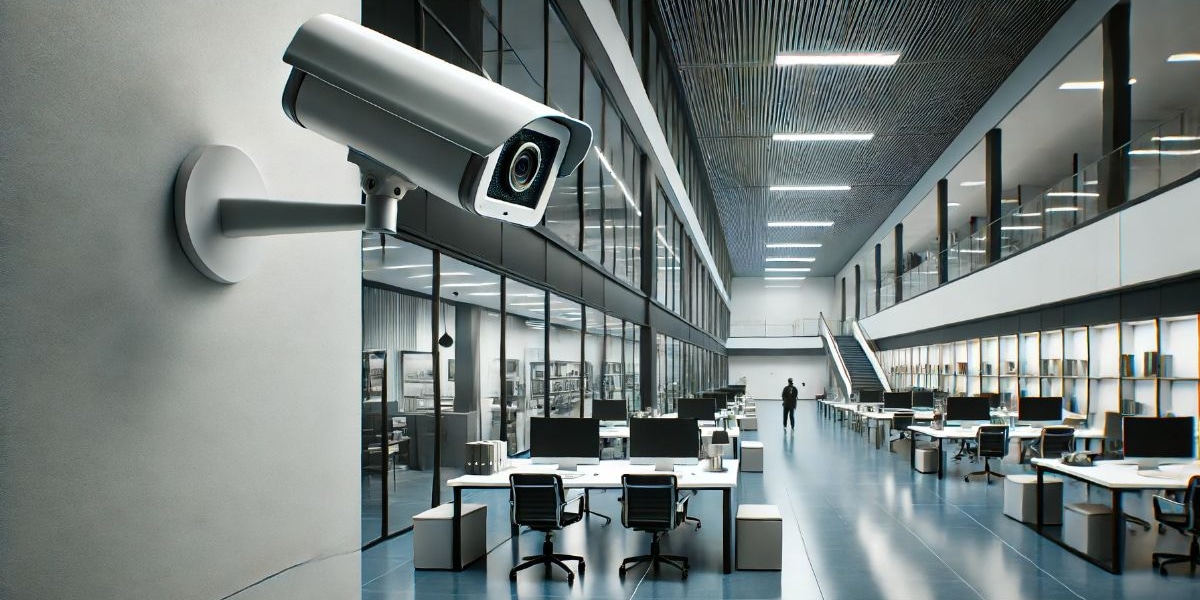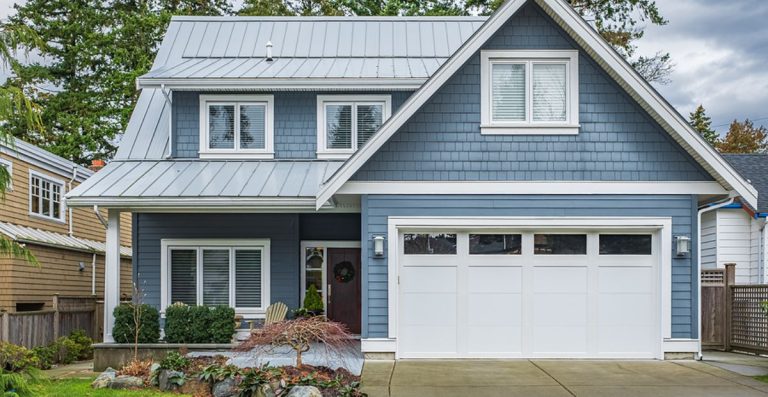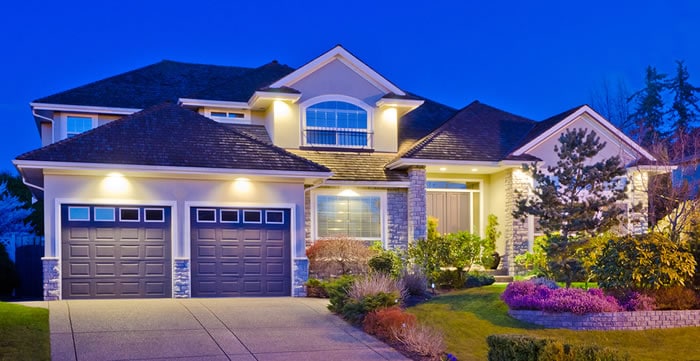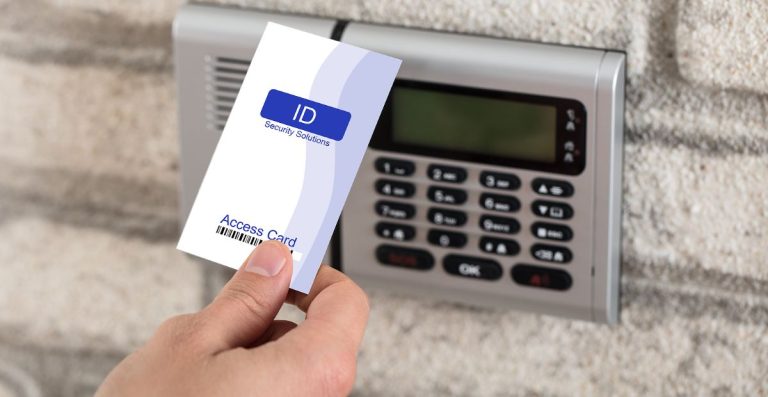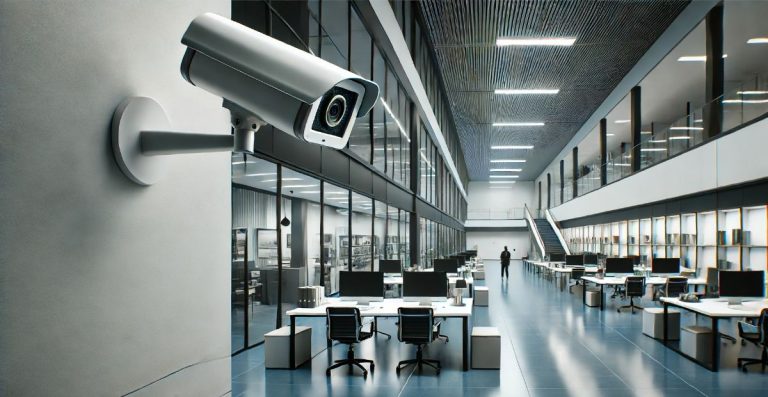What’s the difference between CCTV, IP cameras, and smart cameras?
If you’re looking to install a new security system for your home or business, one of the first questions you’ll face is: What type of cameras should I use?
You’ve probably heard terms like CCTV, IP cameras, and smart cameras. These are often used interchangeably, but they each have distinct differences. Understanding how each system works will help you choose the right solution for your property and your budget.
At ProActive Integrated Security, we’ve been designing and installing professional camera systems across Vancouver and the Lower Mainland for more than 20 years. In this post, we’ll explain what sets these camera types apart, the benefits of each, and how to determine which is right for your home or business.
Why choosing the right camera system matters
Not all cameras are built the same. Some systems are ideal for large commercial properties, while others are better suited for residential use or smaller spaces. The right choice depends on several factors, including:
-
- The size and layout of your property
- The level of detail you need in your footage
- Whether you want remote access or professional monitoring
- Your internet and network capabilities
- Your long-term security goals
At ProActive Integrated Security, we create tailored solutions that combine reliability, scalability, and high performance, ensuring you get the right technology for your specific needs.
Understanding CCTV cameras
What is CCTV?
CCTV stands for Closed-Circuit Television, and it is the most traditional form of video surveillance. CCTV cameras transmit footage through a closed system of cables to a recording device, typically a Digital Video Recorder (DVR). These systems are usually analog, meaning they send video through coaxial cables that connect directly to the recorder, where the footage is stored and viewed.
Key features and benefits
CCTV systems use coaxial cabling for video transmission and operate independently from the internet. This makes them highly reliable, since they are not affected by network outages or bandwidth limitations. They are cost-effective, stable, and ideal for basic surveillance needs.
Advantages of CCTV systems include:
-
- Reliability without dependence on internet connectivity
- Simple operation and consistent performance
- Lower upfront cost compared to newer systems
However, analog CCTV systems also have limitations. They typically offer lower resolution compared to modern IP cameras, and adding new cameras requires additional wiring. Traditional systems also lack remote viewing capabilities unless upgraded with hybrid components.
CCTV is often a good choice for small businesses, construction sites, or warehouses that need dependable local recording without network integration.
Understanding IP cameras
What is an IP camera?
IP cameras, or Internet Protocol cameras, are a modern evolution of CCTV systems. Instead of transmitting footage through coaxial cables, IP cameras send data over a local network connection, either wired or wireless, to a Network Video Recorder (NVR) or cloud-based server.
Each IP camera has its own unique IP address, allowing it to transmit and receive data digitally across your network. This makes it possible to view live footage, review recordings, and even control settings remotely through a secure app or web browser.
Key features and benefits
IP camera systems offer high-definition video quality, often up to 4K resolution. They can connect via Ethernet cables using Power over Ethernet (PoE), which allows power and data to travel through the same cable. This simplifies installation and provides a cleaner setup.
These systems also include advanced features such as motion detection, license plate recognition, people counting, and customizable alerts.
Advantages of IP systems include:
-
- High-resolution image quality that captures fine details
- Remote viewing and system control through mobile apps
- Flexible installation with scalable network-based architecture
- Advanced analytics and alert notifications
- Easier expansion as your property or business grows
While IP systems have higher upfront costs, they offer unmatched clarity, flexibility, and long-term reliability. The main consideration is ensuring your network is stable and secure.
At ProActive Integrated Security, our technicians design and configure IP systems that use encrypted data transmission, secure remote access, and U.L.C.-certified monitoring. This ensures the best performance while maintaining strong cybersecurity protection.
Understanding smart cameras
What is a smart camera?
Smart cameras are designed for convenience, connectivity, and integration with smart home ecosystems. They typically connect to Wi-Fi and use cloud storage instead of local recorders. Popular among homeowners, smart cameras allow users to monitor their property directly from their smartphones or smart devices.
Key features and benefits
Smart cameras often include motion and sound detection, person recognition, and real-time alerts. They integrate easily with systems like Google Home, Alexa, or Apple HomeKit, and many include two-way audio for real-time communication.
Benefits of smart cameras include:
-
- Simple installation and wireless operation
- Remote control and instant alerts through mobile apps
- Integration with other smart home devices
- Affordable entry-level pricing
However, smart cameras have limitations. They depend heavily on Wi-Fi connectivity, which can affect performance and reliability. Many models require monthly subscriptions for cloud storage, and they are best suited for small properties or single-space coverage.
For homeowners or small offices that want easy, app-based security, smart cameras provide excellent functionality. For larger spaces or businesses, IP systems typically offer better scalability and control.
How CCTV, IP, and smart cameras compare
Although these systems may appear similar on the surface, they differ significantly in technology, functionality, and use case.
CCTV systems use closed wiring and store footage on a DVR. They are affordable and reliable but limited in resolution and scalability.
IP cameras transmit footage over a network and store data on an NVR or cloud service. They deliver sharper images, advanced analytics, and remote viewing options.
Smart cameras are Wi-Fi-based and designed for easy use and accessibility. They are perfect for small-scale installations, but they rely on a stable internet connection and often include recurring storage costs.
In simple terms, CCTV systems focus on dependability, IP cameras focus on performance and flexibility, and smart cameras focus on convenience.
Which system is right for you?
The right choice depends on your security goals, property size, and desired level of control.
-
- Choose CCTV if you want a simple, wired system that records locally without requiring internet access. This option is best for smaller businesses or properties that prioritize reliability over remote access.
- Choose IP cameras if you want high-quality footage, advanced features, and scalability for future upgrades. These systems are ideal for modern homes, offices, and commercial buildings.
- Choose smart cameras if you prefer quick installation, mobile alerts, and basic remote viewing for smaller spaces or personal use.
At ProActive Integrated Security, we often design hybrid systems that combine wired IP infrastructure with smart camera functionality. This gives clients the benefits of both technologies, creating systems that are powerful, convenient, and easy to manage.
Real-world example: upgrading from CCTV to IP
One of our clients in Surrey operated a local auto repair shop that relied on an older analog CCTV system. The footage was grainy, and reviewing recordings required manually retrieving data from the DVR.
We upgraded their setup to a modern IP camera system with 4K resolution, motion detection alerts, and remote viewing through a secure app. The result was sharper image quality, easier system management, and improved peace of mind. The owner can now monitor the shop in real-time from his phone and has the ability to share video evidence instantly if needed.
Proudly serving the Lower Mainland
ProActive Integrated Security has proudly operated in the Lower Mainland for more than 20 years, serving both residential and commercial clients throughout the region.
Our service areas include:
Our team lives and works in these communities, which means when you call us, you’re speaking directly with local professionals who care about your safety and satisfaction.
Choose the right camera system with ProActive Integrated Security
Ready to upgrade your security system?
At ProActive Integrated Security, we design and install custom CCTV, IP, and smart camera systems for homes and businesses across the Lower Mainland. Whether you need simple coverage for your property or a fully integrated surveillance solution with access control and monitoring, our team will help you choose the right technology for your needs and budget.
Call (604) 522-2121 today or request a free consultation online. We proudly serve Vancouver, Burnaby, Surrey, Langley, Coquitlam, and surrounding areas with professional camera installations, alarm systems, and 24/7 monitoring solutions you can trust.
Protect what matters most with the right technology and the right team.

